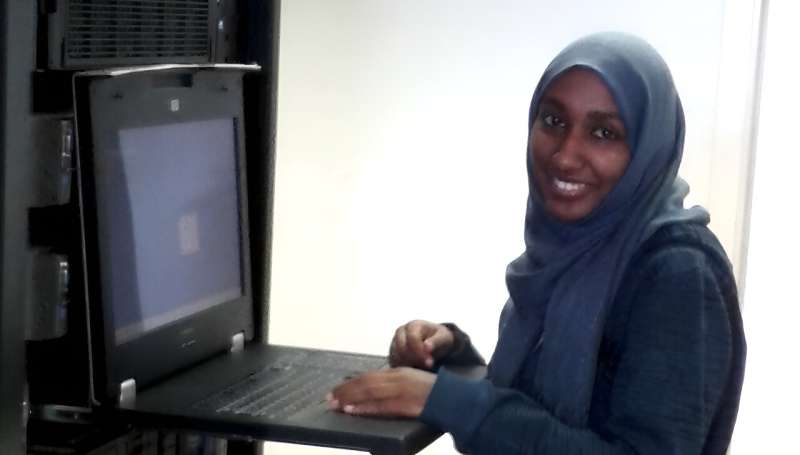This article has been reviewed according to Science X's editorial process and policies. Editors have highlighted the following attributes while ensuring the content's credibility:
fact-checked
proofread
'Culture of secrecy' thwarting data sharing in Africa

The absence of a culture for sharing scientific data in many African countries is costing the continent numerous opportunities for accelerating its development, scientists warn.
While some scientists and institutions in Africa would wish to share data, they are hesitant to do so because of the lack of a framework to guide sharing without breaching national laws or losing their work to plagiarists, technology specialists told SciDev.Net.
Scientists speaking at a geospatial sciences conference earlier this month (8–10 August) in Nairobi, Kenya, called for mechanisms for sharing data, lamenting a general lack of trust between countries, institutions and individuals.
"We are spending money buying data when we can reuse what we already have, simply because people cannot share their data," Phoebe Oduor, a remote sensing specialist at the Nairobi-based Regional Centre for Mapping of Resources for Development said.
According to Oduor, while there is an urgent need for investing in data-sharing mechanisms, it is also important for scientists, countries and institutions to appreciate that they would gain more by sharing data.
The culture of secrecy in data collection and sharing leads to data duplication in governments, with people collecting already available information, she said.
"We need to understand that there is huge value in making data discoverable," she said, adding: "This also helps [you] know what data gaps exist in your country."
Stephen Karimi, a research consultant and former deputy director of Kenya's National Commission for Science, Technology and Innovation, said one viable way of sharing data was by publishing widely and in open access journals.
The absence of many such journals in Africa hinders data dissemination, he said, adding that increased funding for research was needed to tackle the problem.
Karimi believes that another solution lies in moving away from a "silo mentality" within the field of research—where a scientist prefers working alone—to collaborative research.
"Besides the lack of regulations to guide data-sharing, many institutions have not been able to guide their researchers on how to protect their Intellectual Property rights and this makes scientists fear that sharing would lead to loss of their work," he told SciDev.Net.
One initiative helping overcome the data challenge within conservation work is the Eastern Africa Forest Observatory, which shares forest data between Ethiopia, Kenya, Mozambique, Tanzania and Uganda.
The observatory, led by the Center for International Forestry Research, says it has been working on a reliable system to help countries monitor and report on their climate obligations since 2020.
"Forests are an important part of climate observation and the ecosystems have come under increased threats from human activities, thus the need to observe and report on their health, " said Ivy Amugune, a research officer at the observatory.
She said the observatory was working on a forest data-sharing policy framework and added, "While there has been notable apprehension when it comes to data sharing, we are happy to report that members have shown a lot of interest in the sharing framework we are developing."
Provided by SciDev.Net



















